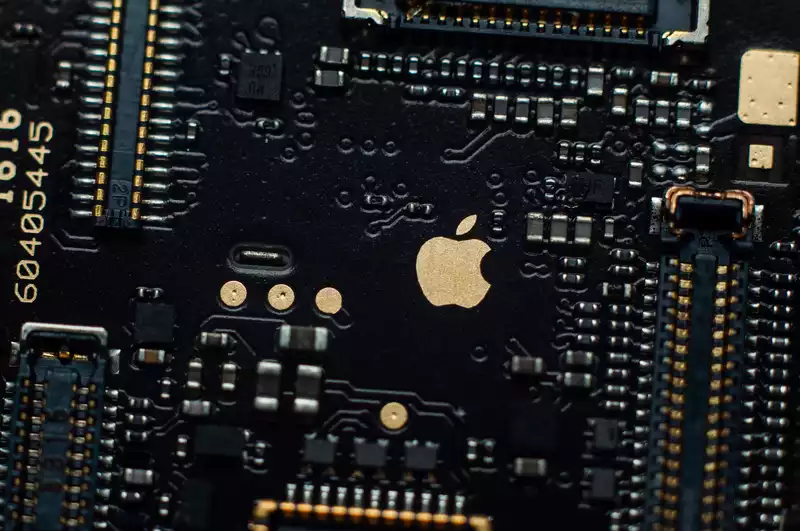Amid the global chip shortage caused by the Covid-19 pandemic, Apple seems to be floating away from it all, at least with respect to the iPhone 13.
This is according to Wave7 Research via PC Gamer, which reports that literally every manufacturer is affected by the chipset shortage except Apple. This explains why Apple has been able to maintain aggressive manufacturing targets for the iPhone 13, which not only produces 20% more than the iPhone 12, but also meets a 44% increase in demand in the US by current iPhone owners.
"Sources told Wave7 Research that Apple was able to keep chipset supply well ahead of schedule. This was not the case for other OEMs," said Jeff Moore, principal at Wave7, which compiles a monthly survey of U.S. smartphone market share and pricing.
Interestingly, AT&T is the least affected by the chip shortage because it has the largest number of iPhone customers. T-Mobile, on the other hand, is struggling to keep Samsung and OnePlus in stock; a T-Mobile store manager told Wave7 that "everyone but Apple" is affected.
This may explain the slow sales of Samsung's Galaxy S21, which is reportedly down 47% from the Galaxy S10 series; Wave7 reports that sales of the S21 have been strong, with midrange Galaxy devices like the A02, A01, A21 and A51 Galaxy devices have been the most affected; Wave7's sources say that Samsung is prioritizing the production of flagship devices over the A series. This may be welcome information for the hundreds of thousands of people who have pre-ordered the Galaxy Z Fold 3 and Galaxy Z Flip 3, which are breaking records for Samsung.
"As expected ahead of the iPhone launch in September, iPhone share did not fall overall in July," Wave7 said in its report."
"Continued iPhone 12 resilience and Samsung inventory issues topped this factor.
The picture is not entirely rosy for Apple as it heads into the fall phone launch season. When it released its outlook for the current quarter last month, Apple warned of potential supply constraints affecting the iPhone and iPad. This likely refers to older components used in the manufacture of mobile devices, not newer components such as the A15 Bionic chipset that is widely expected to be included in the latest generation of smartphones.
During the same conference call, Apple gave no indication that the iPhone 13 launch was in danger of being delayed. In fact, Apple staggered the launch of last year's phones, with the iPhone 12 and iPhone 12 Pro appearing in October and the iPhone 12 mini and iPhone 12 Pro Max in November.
The Wave7 report added further evidence to suggest that Apple will move the iPhone 13 release back to September. We will soon know exactly when Apple plans to release the new phone and how much supply they have on hand.










Comments